Transforming Retail Experiences: The Future of Automated Car Parking Systems in Indian Malls
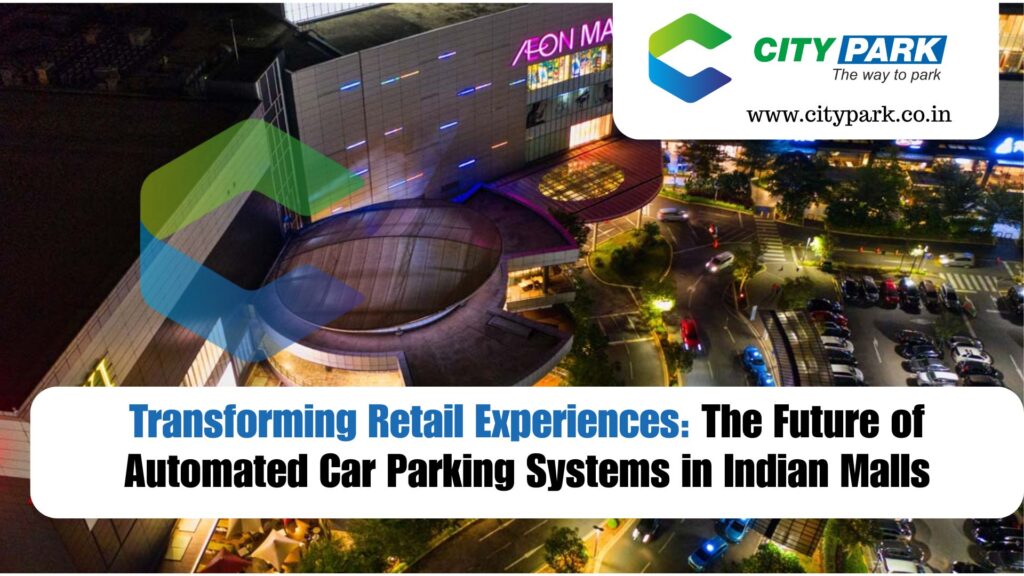
Transforming Retail Experiences: The Future of Automated Car Parking Systems in Indian Malls Shopping in India has evolved dramatically over the past decade. With the rise of mega malls, retail hubs, and lifestyle complexes, consumers today expect more than just a shopping destination — they seek seamless, convenient, and premium experiences. Yet, one of the […]
Revolutionising Healthcare Infrastructure The Role of Automated Car Parking Systems in Indian Hospitals
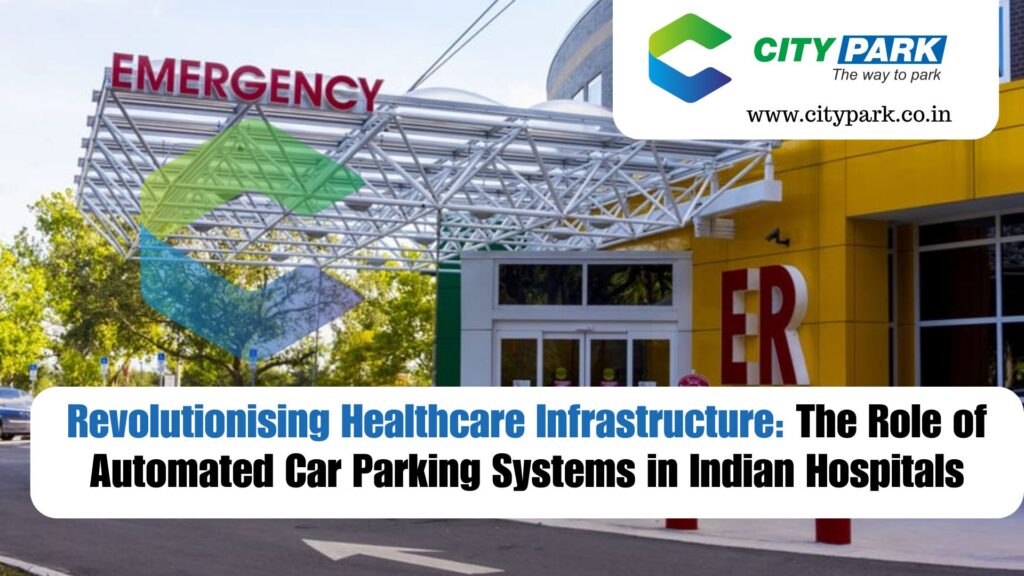
In India’s rapidly evolving healthcare ecosystem, hospitals are facing a growing challenge — limited parking space. With the surge in patient footfalls, increase in staff strength, and rising number of private vehicles, traditional parking solutions are no longer sufficient. For hospitals, where time, accessibility, and efficiency are directly linked to patient care and outcomes, solving […]
The Future Is Vertical: Why Automated Parking Is Non-Negotiable in Mumbai’s Next-Gen Redevelopment
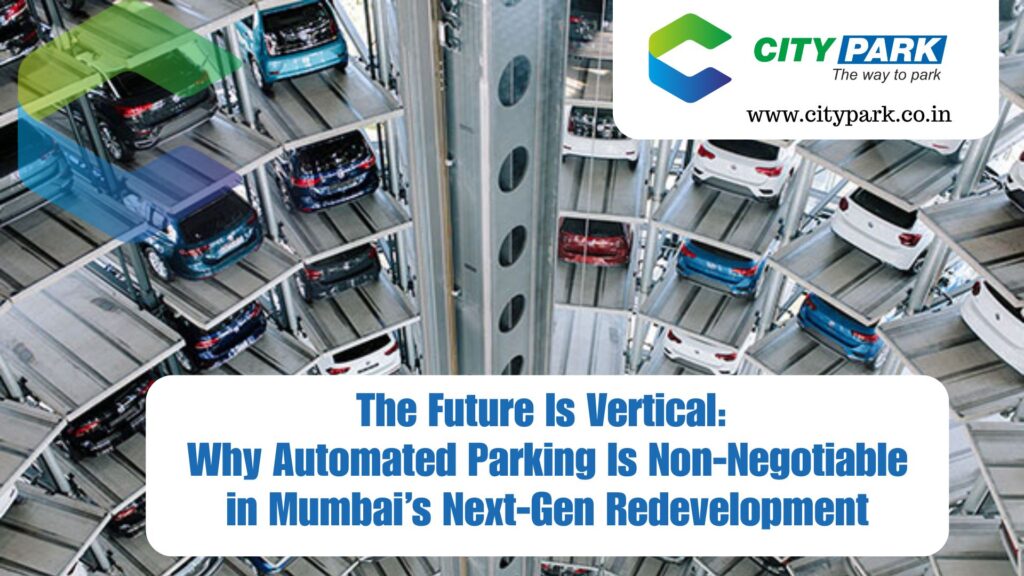
The Future Is Vertical: Why Automated Parking Is Non-Negotiable in Mumbai’s Next-Gen Redevelopment Introduction: Mumbai’s Urban Surge Needs Smarter Parking Mumbai, the financial capital of India, is a city constantly in motion—vertical, horizontal, and everything in between. With over 20 million residents and an average of 2,000 new vehicles hitting the roads every day, the […]
India’s Parking Revolution Is the Country Ready for Fully Automated Parking
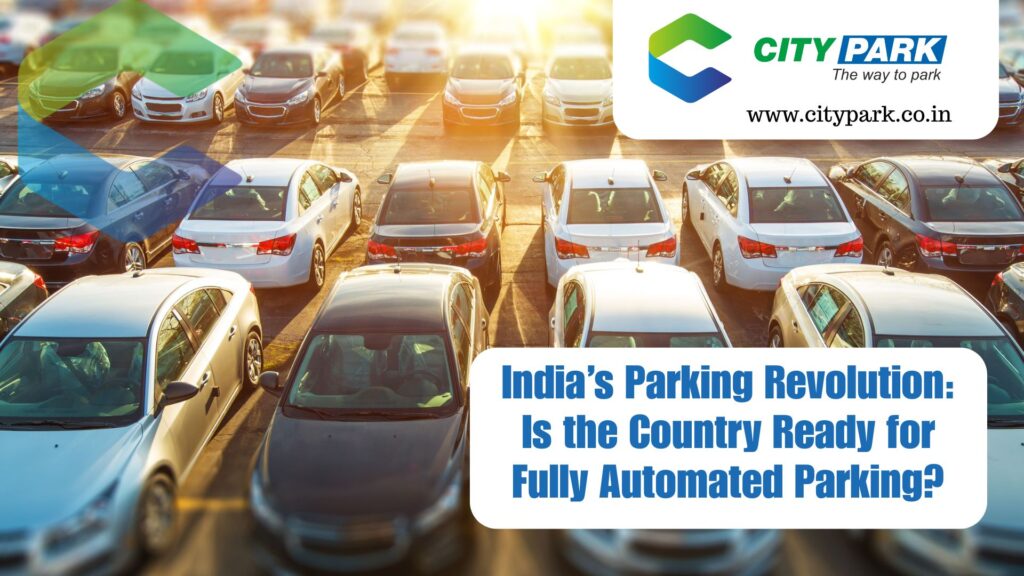
India’s Parking Revolution: Is the Country Ready for Fully Automated Parking? Introduction Mumbai, India’s financial nerve center and one of its most densely populated metro cities, exemplifies the modern challenges of urban mobility—and parking—like no other. With over 20 million residents, 100,000+ vehicles added each year, and land scarcity creeping into every corner, the city’s […]
How to Effectively Solve Parking Problems in Society
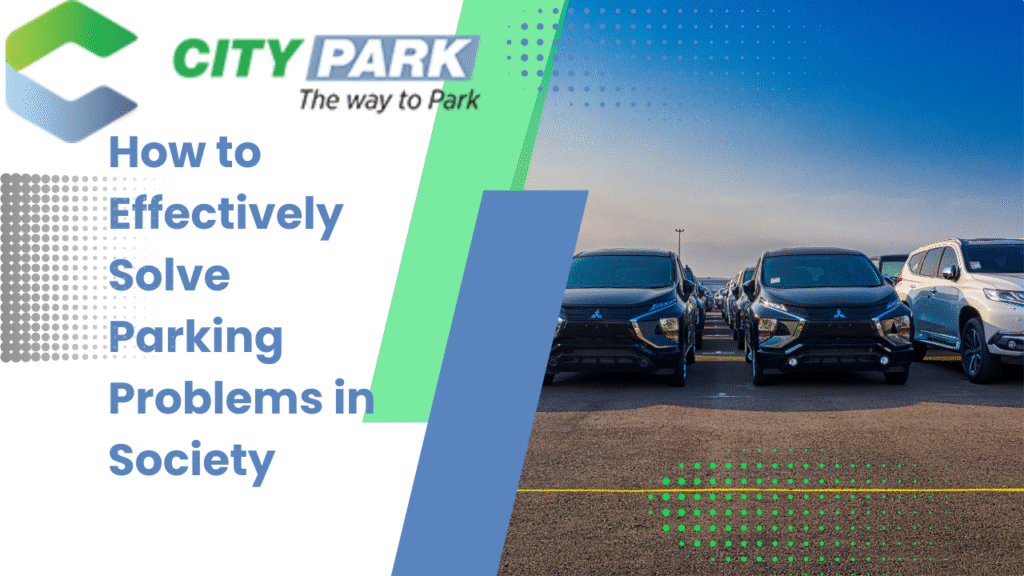
Effectively Solve Parking Problems in Society — Cities are expanding. So are vehicles. But space? Not so much. In residential areas especially, parking has become one of the most frustrating problems for both residents and authorities. Whether it’s overcrowded lanes, unauthorized parking, or disputes among neighbors, parking issues disrupt daily life and often go unresolved […]
How to Choose a Rotary Parking System for Your Space
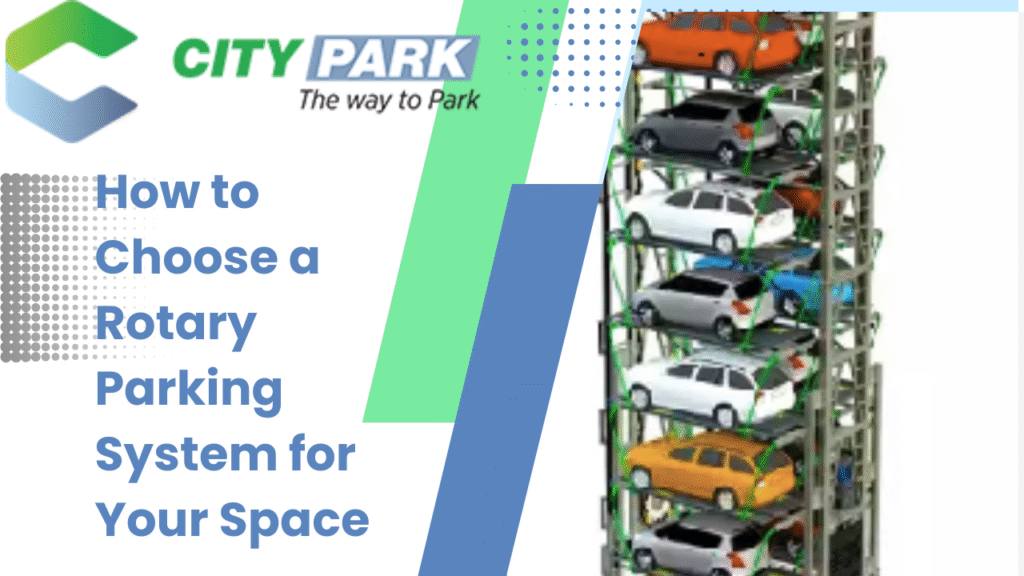
Urban plots are shrinking, car ownership is rising, and space-saving innovations are no longer a luxury , they’re a necessity. In a city like Mumbai, where every square meter is valuable, vertical parking solutions are now seen as a vital part of smart infrastructure planning. A rotary parking system offers a powerful solution but choosing […]
How Multi-Level Parking Works: A Step-by-Step Guide
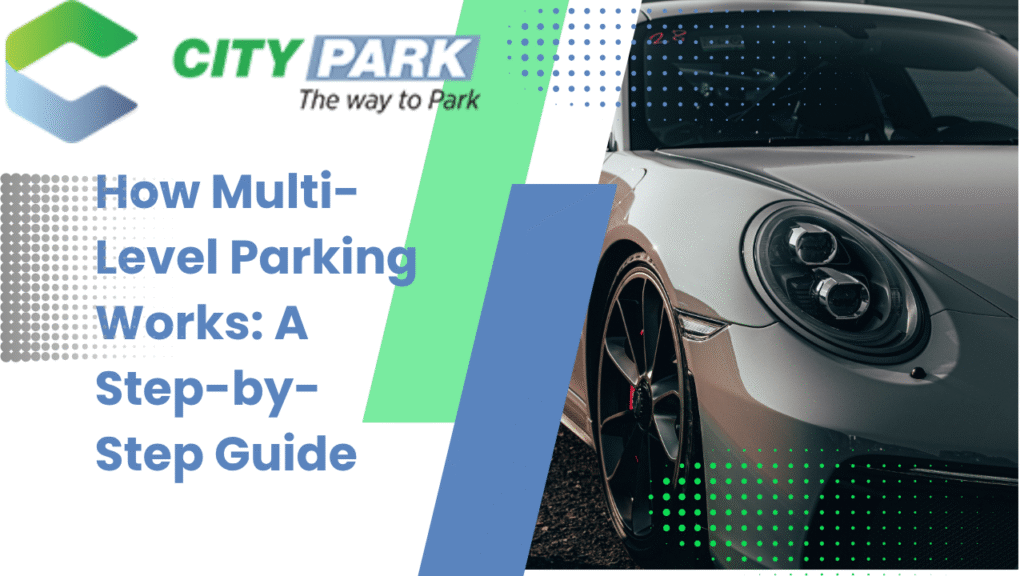
What’s the Real Problem With Urban Parking? Cities are growing fast. As apartment blocks, office towers, and shopping complexes rise, the space to park cars keeps shrinking. Ground-level parking no longer meets demand. According to data from India’s Ministry of Housing and Urban Affairs, parking takes up nearly 10–15% of the land in urban areas, […]
Difference Between Stack Parking and Puzzle Parking
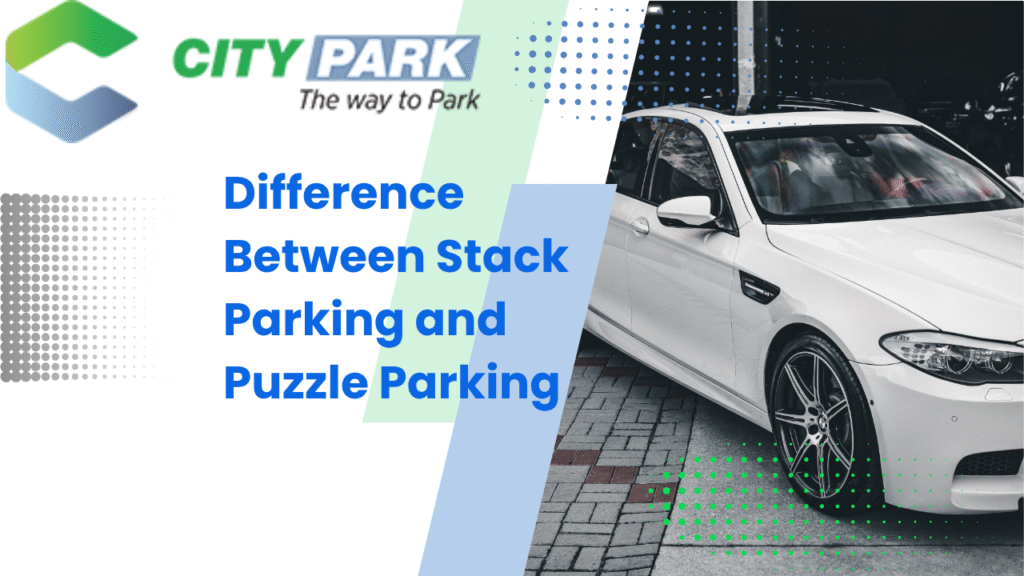
Urban centers face a growing challenge: limited space for a rapidly increasing number of cars. As real estate becomes scarce and expensive, smart parking solutions like stack parking and puzzle parking are becoming essential especially in cities like Mumbai. However, many building owners, developers, and vehicle owners struggle to choose between the two due to […]
Automated Parking in Residential Buildings: A Smart Solution for Space Constraints
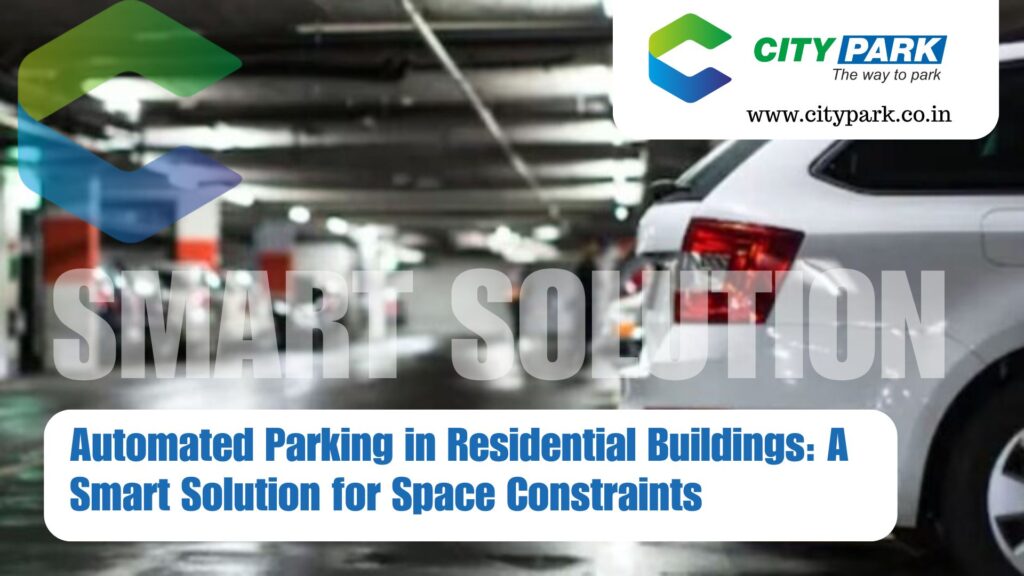
Urban living is transforming faster than ever. In cities worldwide, high-rise apartments and luxury condominiums are redefining how people work, relax, and commute. Yet one challenge remains stubbornly persistent: parking. As available land shrinks and property prices skyrocket, developers and residents alike are grappling with space constraints. Traditional parking garages with wide ramps, large drive […]
The Environmental Benefits of Smart Parking Systems You Didn’t Know About
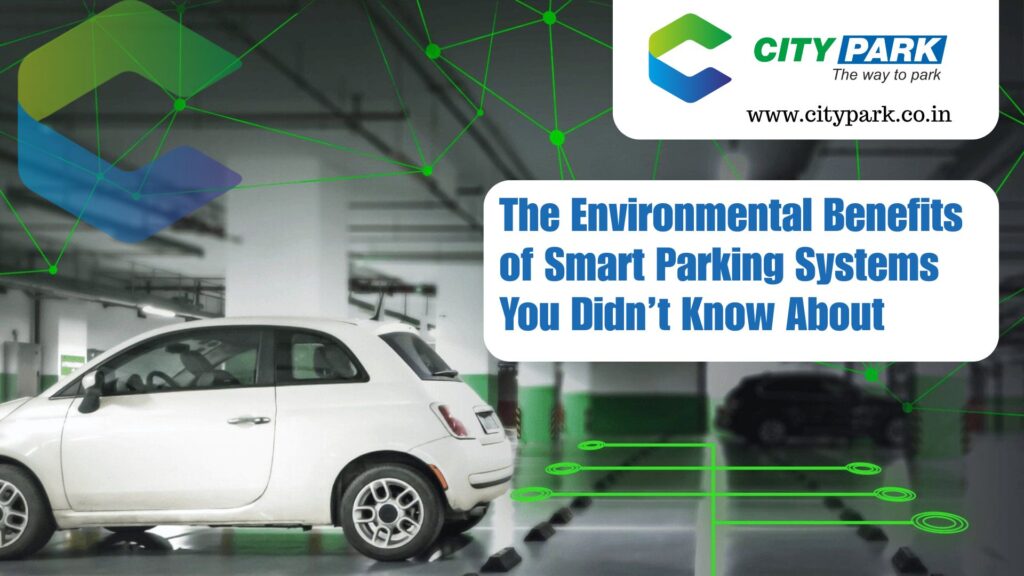
In an era of climate change and rapid urbanization, every industry is under pressure to adopt greener, more sustainable practices. The construction and operation of parking facilities—often overlooked in environmental discussions—represent a surprisingly large opportunity for reducing carbon emissions and improving air quality. At City Park, a professional automated car parking system company established in […]
